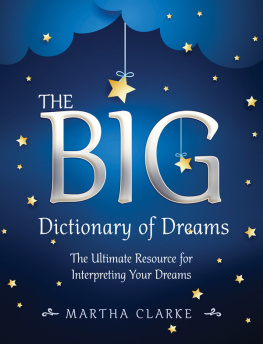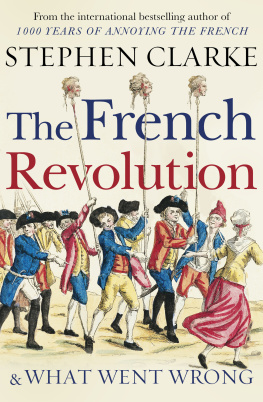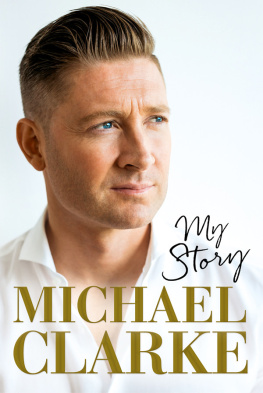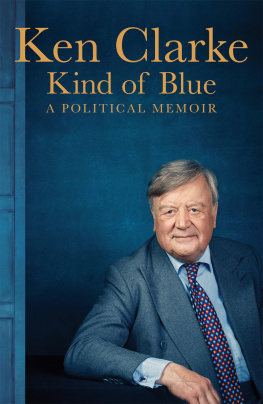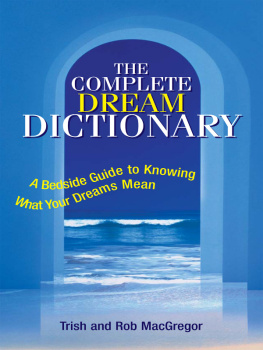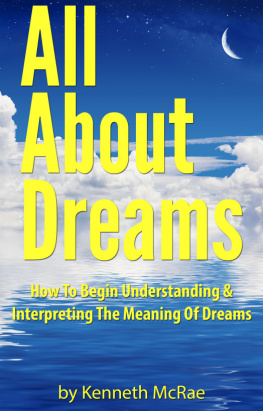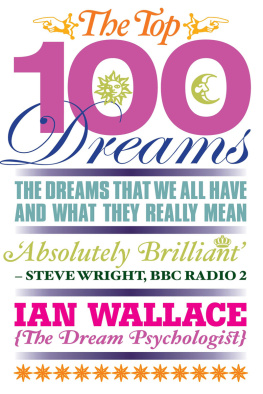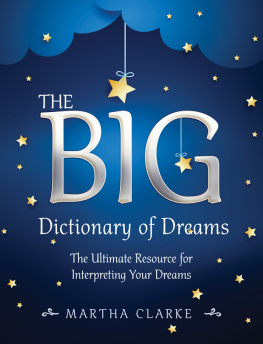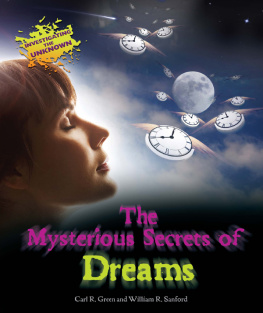
Copyright 2015 by Skyhorse Publishing
Original Title: GRAN DICCIONARIO DE LOS SUEOS Editorial Ocano, S.L. (Barcelona, Spain); Martha Clarke, 2000, 2009
Redaction and additional texts:
Martha Clarke, Ignasi Gaya, Sergio Alvarez, Maria Leach, Mario M. Perez-Ruiz
Rodolfo Roman, Claudia Ponte.
All rights reserved. No part of this book may be reproduced in any manner without the express written consent of the publisher, except in the case of brief excerpts in critical reviews or articles. All inquiries should be addressed to Skyhorse Publishing, 307 West 36th Street, 11th Floor, New York, NY 10018.
Skyhorse Publishing books may be purchased in bulk at special discounts for sales promotion, corporate gifts, fund-raising, or educational purposes. Special editions can also be created to specifications. For details, contact the Special Sales Department, Skyhorse Publishing, 307 West 36th Street, 11th Floor, New York, NY 10018 or .
Skyhorse and Skyhorse Publishing are registered trademarks of Skyhorse Publishing, Inc., a Delaware corporation.
Visit our website at www.skyhorsepublishing.com.
10 9 8 7 6 5 4 3 2 1
Library of Congress Cataloging-in-Publication Data is available on file.
Cover design by Brian Peterson
Images selected by Oceano Ambar
Images cited in the final page of this book.
Print ISBN: 978-1-63450-460-7
Ebook ISBN: 978-1-63450-477-5
Printed in China
Table of Contents

Editorial Note
Before beginning
We have developed this dictionary as a navigational map to help the reader unravel the valuable messages in dreams. In the first part, you will find an overview of the different approaches to the world of dreams; these will help you understand the multiple meanings that dreams contain as well as the importance of always singling out those meanings. It is best to not just personalize the message, but also to take into account the circumstances that produce the dream. The same dream, dreamt by the same person, could have a different meaning depending on the moment or personal experiences. Therefore, we should evaluate the importance of each interpretation carefully, as much with the details as overall.
This book contains the tools to start down the path to discovery, in a way that person can find their own interpretation of their dreams. Although, as Jung asserts, human beings share a broad spectrum of symbols and archetypes, the concrete significance of each dream can be very different depending on the personal circumstances of the subject. Therefore, whether alone or with the help of a specialist, each person should take on the task of deciphering their nocturnal episodes.
And for that theres nothing better than to get a little practice with concrete themes from the second part, in the form of a dictionary, where many themes of the oneiric world are explained and can be linked together, giving birth to thousands of combinations and interpretations. We hope that it will provide plenty of hints so that the adventure of dreaming is even more intense and enriching.
Sweet dreams.

Prologue
How did Jules Verne dream up his magnificent Nautilus? How did he traverse the depths of a world inhabited by other civilizations, dinosaurs, and flood-proof birds and plants? How did Leonardo da Vinci design the first known bicycle in history? How did he predict flying machines? Their visions dont belong to the left- or right- brain hemispheres, but rather they connect to another cerebral organization that resides in the soul.
The effort to understand the mysteries of life, with the physical, moral, and linguistic limitations of human thought, moves us to seek, in the mystical ascension of sleep, the higher faculties that mature the mind past adolescence.
The activities of the higher mind never rest, and even determine our destiny. The clairvoyance that connects to other worlds is a marvelous experience; in connection with the invisible, in the words of R. Taylor, Poets call these enormous powers golden chain, because those powers are connected to one another and because the chains nature is incorruptible. They are rooted in this supreme principle like trees in the earth, which have a distinct energy within themselves but also give energy to their cause.
To walk, cars instead of legs; to look, glasses instead of eyes; calculators instead of our mind; mobile phones over taking ancient telepathy... Will we one day substitute our dreams with movies in our minds? Will they put ads in them? The dream guarantees us a phenomenal reality; an umbilical cord that unites us with the passions of nature; the arts are unleashed, and when we commit evil, nightmares invade us. The latter ones couldif we dont reflect and fix our mistakesdistress our conscience.
The human being visits his ancestors in words of Pythagoras and Socrates. In the case of metempsychosis, vices change men into beasts. Virtue, on the other hand, makes them closer to the god that lives in every person.
Each of us can look like either of the two, since these two beings form part of our human nature. But at the same time, to regain our childhood integrity is to recover health, the state of perfection, innocence and light, according to the Golden Verses of Pythagoras. The following self criticisma sort of a Freudian self psychoanalysis of the fourth century BC, in times of ancient mysterieswould evaluate our own behavior:
Never sleep before mentally reviewing the events of the day.
Where did I go wrong? What did I do? What did I leave for later?
Examine yourself.
If youve done badly, reproach yourself; if youve done well, rejoice.
The dream used to be invoked with songs, music, incense, milk, honey, and cashews to make the journey to the world of the gods. Our baggage for this journey should be a clean conscience, which would allow us to remember our adventure without regret on the return journey: 40 percent of our lives we are held accountable for our actions. For example, bad behavior is often the foundation of a stupid future, a future we deserve because of our ignorance.
The pomp is the scourge of insomnia, isnt it? With these simple proposals, can we make our intelligence move with that of the universe? In a way that our mind is, in the words of Philo of Alexandria, possessed and inspired by God; able to predict and foresee the future.
Posidonius would say: The gods themselves converse with those who sleep; and in his treaty on divination, Cicero spoke of three types of dreams: those sent by God, those sent by angels, and those experienced by the soul itself. Life is short and art is grand, he would say. Or Hippocrates statement: He who knows the dimension of dreams sinks into it without falseness and digs in it like a well.
Leaving behind the weight of the senses, we can go inside the unexplored regions that live in us, deciphering the meaning of the lived story while we sleep. The symbols of that story, once understood, will fill us with knowledge and wisdom. In this way, a huge number of books accumulates in our invisible inner library. Furthermore, by understanding those signs, by unraveling the writingsthe colors, the signatures, the temporality far from earthwe make ourselves immensely blissful. Scheduled at the pace of another dimension, each night we move to a parallel universe that is available for all of us. We can all benefit from that world, you only need a responsible and intelligent attitude; there you can smell the orange blossoms, the olive oil, the incense, strawberries... and upon waking you will begin to harvest the fruits, which is nothing more than putting together the pieces of a great puzzle.

